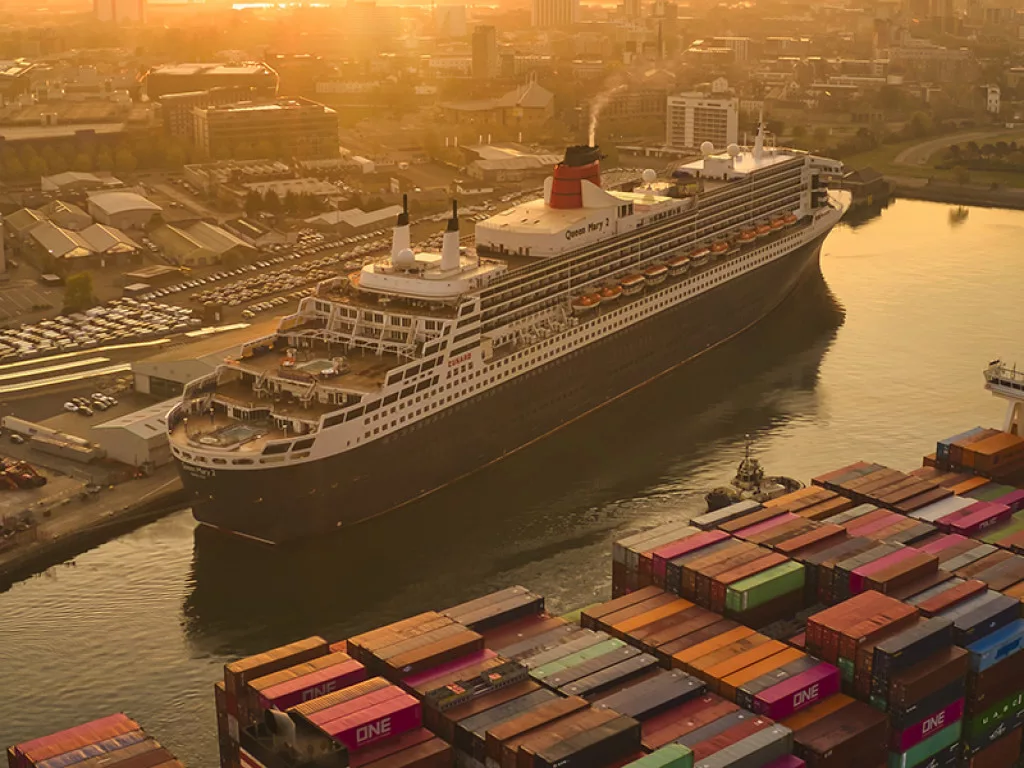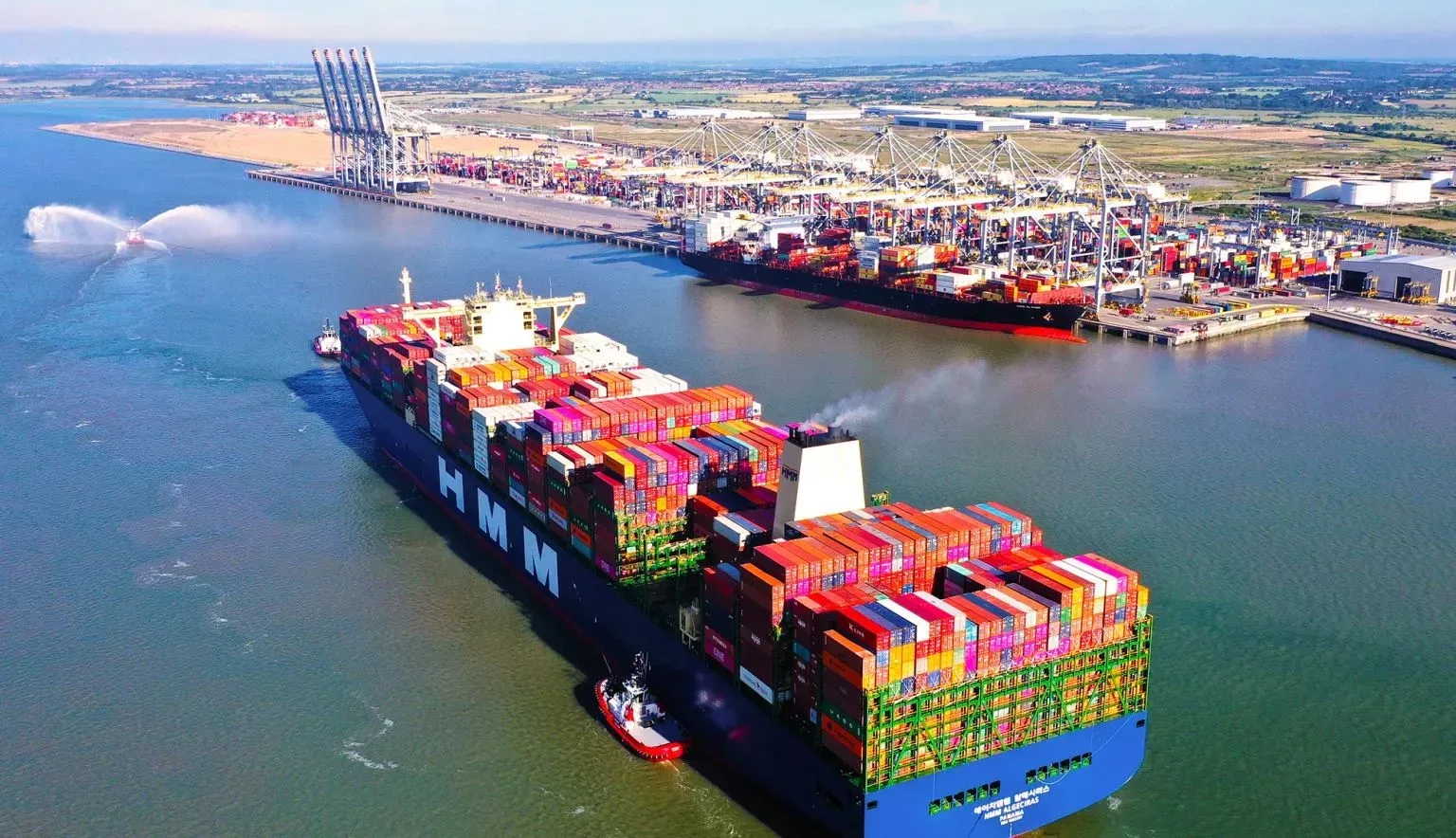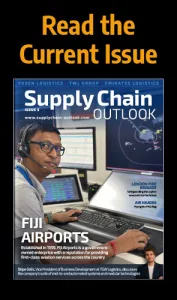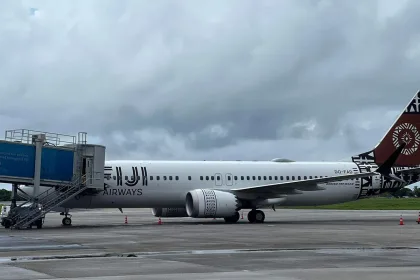Ports across the UK are sailing uncertain waters in the maritime logistics sector. We take a deep dive into an industry at the nexus of trade and development with British Ports Association.
SPOTLIGHT ON UK PORTS AND LOGISTICS
The British Isles are steeped in a long and rich maritime history. The UK’s ports sector is the second largest in Europe boasting 125 cargo-handling ports and terminals, with operations including ferry and cruise terminals, container ports, oil terminals and all-purpose facilities.
With roughly 95 percent of all import and export trade entering the country through its ports, the importance of these logistical gateways cannot be underplayed. In addition to the 500 million tonnes of freight handled on an annual basis, UK ports are also responsible for transporting 60 million passengers a year. The two main markets for ports are unitised, comprising container and roll-on roll-off (RoRo) traffic, and bulk trade, most of which includes oil, liquid products and dry cargo such as aggregates.
Proving itself as a critical economic driver, the UK Government has a market-led policy, allowing a variety of ownership and business models to flourish. Nevertheless, a complicated relationship between the Government and the industry persists, as the expectations and burdens placed on the nation’s ports escalate in the wake of topical global issues, from sanctions to environmental concerns. Despite the entrepreneurial nature of the industry, investing in infrastructure, equipment and its workforce with no cost to the Government, it is the responsibility of the latter to ensure that the regulatory frameworks are in place to allow the UK’s ports to thrive, heightening both their competitiveness and connectivity.
Now, the role and relevance of ports has become an ever-shifting phenomenon. Increasingly, ports are expected to surpass their fundamental role of transporting cargo and loading volumes on and off ships. In the age of the great energy transition, ports fulfil a vital duty in functioning as the base for offshore wind projects. Adjacent to this, all ports are facing the call for decarbonisation, with transport operations being rethought and reinvented to address the fight against climate change with reduced carbon emissions. With timelines to meet various targets extremely tight, the time to act is now.
Alongside the challenging nature of the energy dilemma, UK ports continue to grapple with global supply chain issues, as container ports around the world deal with significant backlogs in containers. Although challenges abound, the resilience of the UK’s ports will persist as the industry continues to chart promising waters into the future, working hand in hand with the country’s socio-economic development.

“We’re here to champion the industry and stand up for it”
Mark Simmonds, Director of Policy & External Affairs, BPA


Q&A WITH BRITISH PORTS ASSOCIATION (BPA)
Representing the interests of over 100 port members, the British Ports Association is tackling a challenging decade head-on. Director of Policy and External Affairs, Mark Simmonds, tells us more.
Can you talk us through the origins of the British Ports Association, how it came about and its initial vision?
Mark Simmonds, Director of Policy & External Affairs (MS): We were created in 1992 out of the old British Ports Federation after some reforms in the ports industry. We are a trade association for ports, primarily harbour authorities but also terminals and port facilities. We are inclusive, so if you are an authority or operating a port and marine terminal, you’re welcome in our network – there are no barriers to entry other than that. Our role is to speak for the industry and represent it to various governments and regulators – the UK Government, innumerable regulators and international bodies. We’re here to champion the industry and stand up for it. We also lobby on its behalf, informing and educating Government and politicians about the strengths and the role of our industry.
Since inception, how has the association developed and progressed in terms of its key objectives and the messages it tries to get across?
MS: I’ve been with BPA for six years, and within that period we have grown quite significantly. When I joined, there were just three members of staff at BPA, and we have doubled that now. We’re still very small and lean, but I think that reflects the changing policy picture for the industry. This is a sector that has traditionally been lightly regulated – certainly for the last 30 years or so, the Government has been very hands off and happy to let the industry get on with things and deliver the infrastructure and services necessary to keep the country supplied.
However, in the past five years, ports have been much more at the forefront of policy, from Brexit and new border processes to free ports or the environment – whether that’s air quality or marine ecosystems and so on. Government increasingly looks to ports as a solution for a lot of problems, which can be challenging for us at times. The amount of work that we’ve had to do and the challenges that have been coming down the tracks towards the industry have grown massively, even just within the past five years. We’ve had to step up and do a lot more for the industry and make sure that we’re being as effective as we can be in protecting and advancing its interests as much as possible.
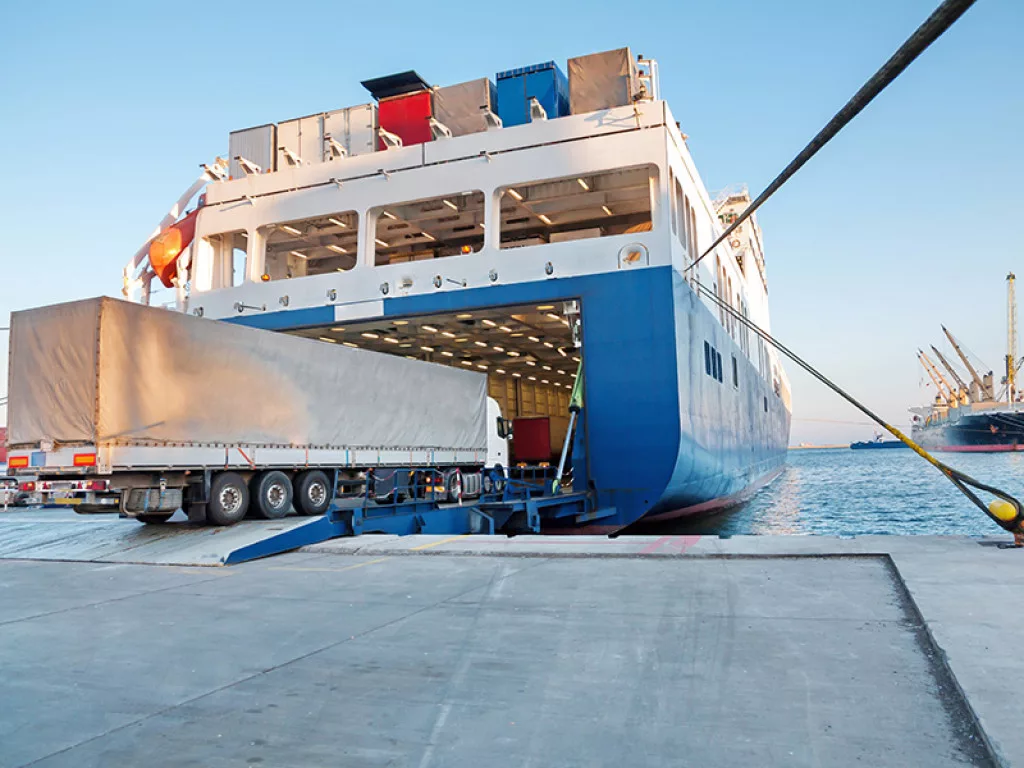
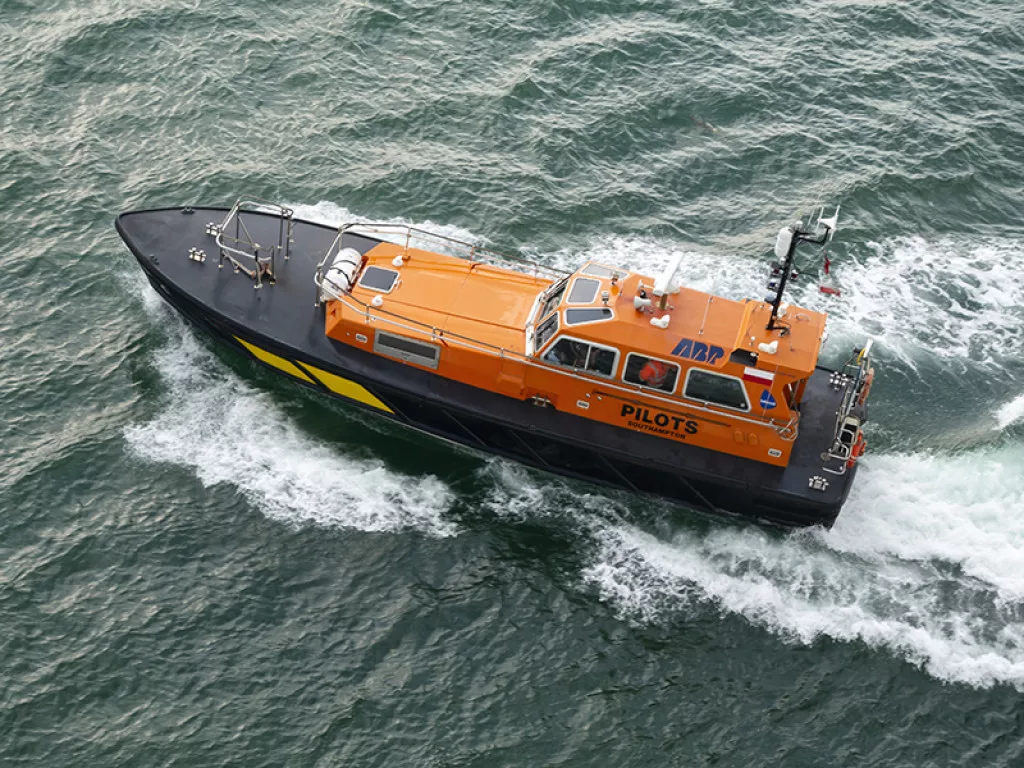
What do you find most exciting about working with ports across the UK?
MS: Decarbonisation is a huge driver of innovation at the moment and an exciting area of policy – it’s where the biggest burden in regulation comes from and where the most amount of innovation is going to need to take place. This is so we can continue to do what we do, but in a more environmentally friendly way – whether that means protecting and enhancing habitats, lowering air pollutant emissions, or helping ships to lower their greenhouse gas emissions. These are the three broad priorities, and within them a lot of innovation is needed to meet all the various targets that we have.
On the flip side, what are the biggest challenges facing the sector?
MS: To put it very broadly, dealing with trade. There are new trade barriers for certain markets, with Europe being the obvious one. There’s still a spectre of new barriers and globally, as some parts of the world start to turn inwards, the whole idea of globalisation and free trade is in retreat in some places. That’s going to be a concern for the industry, since we recognise the huge benefits that free trade can bring to ordinary people.
Attached to that, you also have the volatility which is affecting supply chains. Over the past few decades, the UK logistics market has become very good at just-in-time logistics – it’s a phrase that has entered the national lexicon that you might not have expected a few years ago but everyone knows about it now. However, the COVID-19 pandemic has disrupted that and it’s making people rethink their supply chains and re-evaluate the tension between moving things cheaply and just-in-time, compared to having the resilience that involves adding extra cost.
Alongside mitigating climate change, there’s also the need to adapt to it. We know that certain impacts of climate change are inevitable now, with rising sea levels being the most obvious. The oceans are going to rise dramatically and we have to adapt to it. Some ports are going to have to move entirely, and others will have to undertake significant amounts of work to ensure they are as resilient as possible to the impacts, like heatwaves and extreme weather. There is a lot of thought currently being put into that and it’s going to be a huge challenge for us.
We also face skills challenges as the traditional pipeline for the workforce behind our industry changes. The way people work is transforming, and this is an industry where training takes a significant amount of time and can be very expensive.
The cargo that ports handle is also changing. Oil and gas represents 40 percent of what UK ports handle and that number has been declining for a long time. In the same way that many UK ports used to trade a lot in coal, oil will also start to drop away. New things will replace it, like biomass, as we burn different things to generate power, so that will have an impact on different ports and their volumes.
Finally, lots of ports do various things outside of transporting passengers and cargo – they’ll be involved in supporting offshore wind energy developments, or supporting tourism, or other elements that aren’t counted in tonnage but are still important contributors to the blue economy. There is an increasing amount of things that aren’t directly related to lifting stuff off a ship with a crane but are still hugely important.
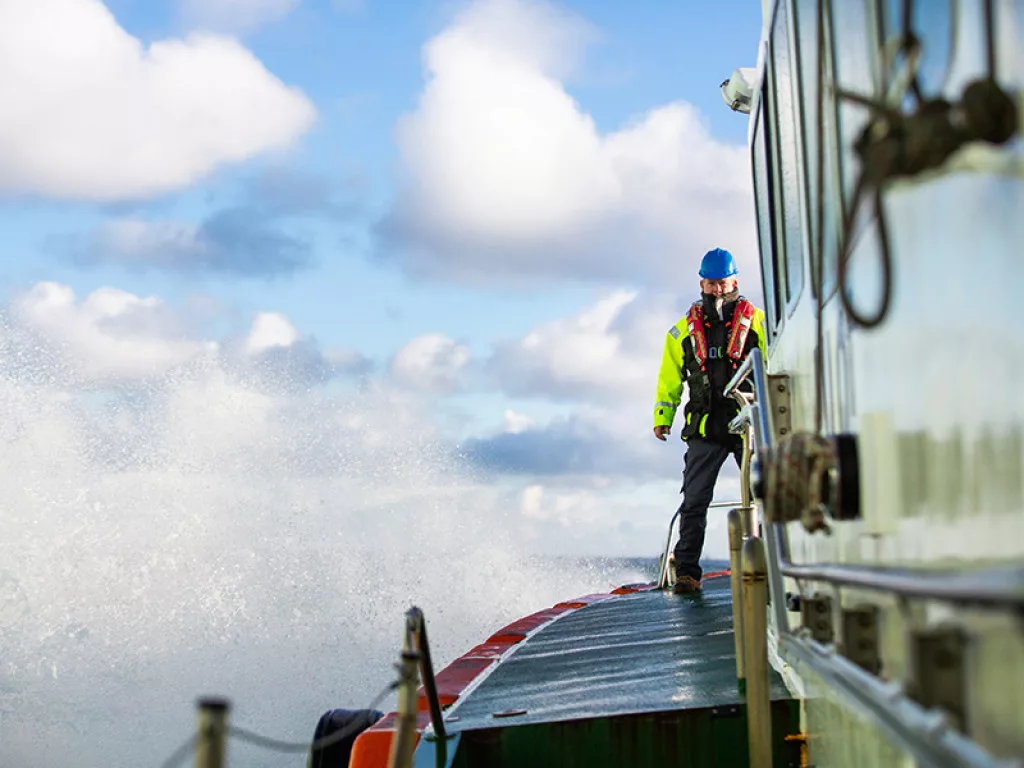
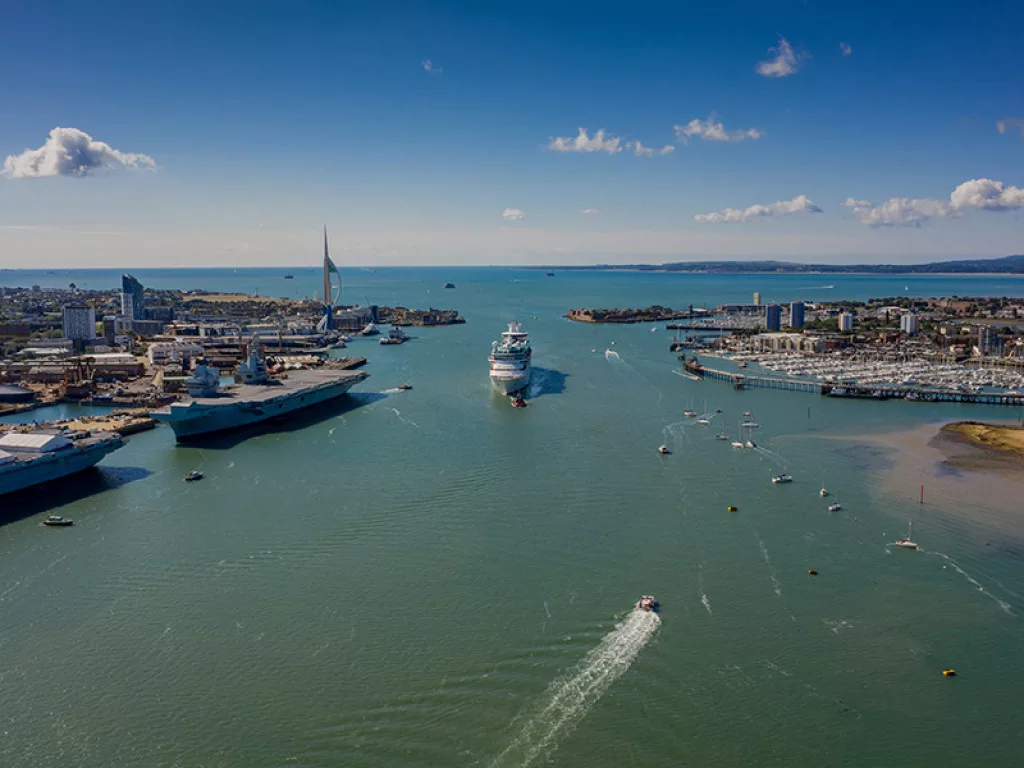
Does the British Ports Association have any projects in the pipeline you wish to highlight?
MS: We’re working on a decarbonisation programme. Considering we’re a very small team with limited resources, we are looking at how we can help our members so that the industry is extremely competitive. Through this, we share information on areas that they don’t currently compete in and address common challenges around reducing our customers’ emissions, since ships and lorries represent the highest level of emissions in a port. It’s a programme that we hope to have launched by the end of this year.
How do you see the association developing over the next five years?
MS: The challenges are multiplying so we may have to grow if the industry sees value in that. Since we are entirely funded by our members, we will only be funded accordingly if they feel that stronger representation is needed or that we need to do more.
Aside from this, there is also the fact that ports policy in the UK has devolved, while shipping, trade, and environmental policy, etc. has not. We’re increasingly having to talk to different governments, and we are starting to see the divergence in some areas regarding how ports are treated and regulated in the UK. So, we will need to take a serious look at this and resource it accordingly.
We have noticed an increased tendency for ministers to try to use ports as levers to achieve their aims and ambitions – as seen with P&O Ferries recently, when they wanted ports to step in and ensure that people are being paid the right wages. Traditionally, that’s not something that we have ever been involved in and it’s also happening in other areas like air quality and sanctions. For instance, we’re being asked to ensure that ships aren’t owned by sanctioned individuals or connected to Russia. We’re being expected to take on more of a burden, so we’re going to have to discuss with Government what ports are really for and what we do.
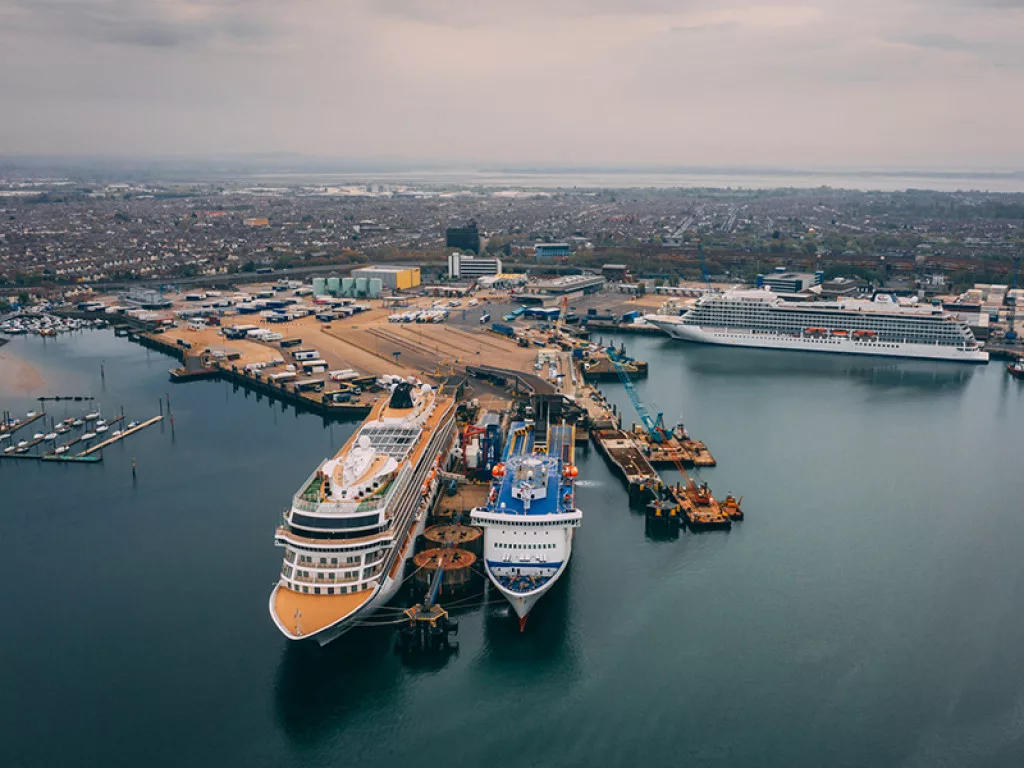
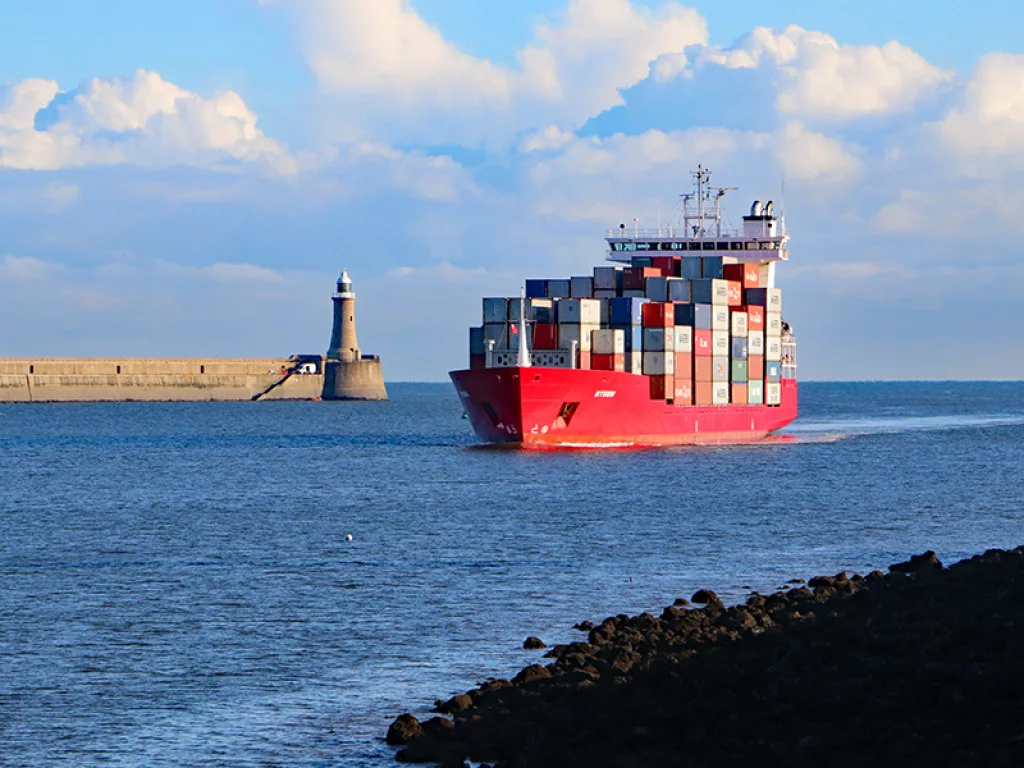
Finally, are you optimistic about the future of the port logistics sector?
MS: Absolutely, the sector is growing. It directly employs approximately 125,000 people and represents nearly £11 billion in contributions to GVA. Port sector jobs are highly productive and are better paid than the average across the UK. The sector’s growth is in multiple areas, like containers and trailers, and as the economy and marine industries, particularly offshore wind, continue to grow, the ports will need to grow with them to accommodate and service their needs. Ports have always been good, solid investments in the UK, and I think they will remain so for a long time.
